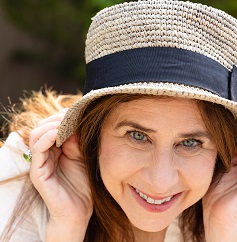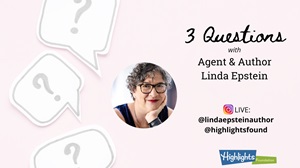Eulogy Virtues
You may have read an op-ed by David Brooks, called “The Moral Bucket List.” In this inspiring piece, Brooks talks about his pursuit of balance and moral enlightenment.
There are a few really great lines but here is my favorite:
“The stumbler doesn’t build her life by being better than others, but by being better than she used to be.”
Isn’t that wonderful? And true? And scary? And loaded?
When we stumble, it means we are on a journey that is worth taking.
When we stumble, it implies that perhaps we are striving for something that is just out of reach–that makes us stretch. Stumbling assumes mistakes. False starts. Self understanding. Forgiveness. A moral journey–one that comes from the values most important to us–is not a highlight reel.
Sounds great and sort of philosophical. So how can we use this in our writing?
I think, messages like this are a call to deepen our commitment to process over product, to stop striving for what has already been said and stare into our souls for journeys with a deep and complicated inner life.
(If you think I’m preaching, Don Maass says pretty much this same thing! Why do we turn pages? Because the stakes are high. And what is higher than something that is morally challenging?)
As a reader and writer, my favorite characters are the ones that want important things. They are flawed and sometimes unlikeable. They have deep issues to overcome. To succeed, they must first and foremost wrestle with their own ugly weaknesses. And maybe most important, they must make big choices. Those choices don’t usually reflect external rewards.
They reflect inner desires. Life goals.
Heart.
My friend, Rabbi Lev Baesh, responded to the piece with this call: For all, let it be a time of reclaiming the depth of purpose of being human; care of self, other, and the world.
Is this not why we write?
Is this not what we want to say to readers?
NOW: Are you ready to stretch?
Brooks writes: It occurred to me that there were two sets of virtues, the résumé virtues and the eulogy virtues. The résumé virtues are the skills you bring to the marketplace. The eulogy virtues are the ones that are talked about at your funeral — whether you were kind, brave, honest or faithful. Were you capable of deep love?
Today, write a eulogy for your main character. Focus on those eulogy virtues–the core meaning and motivations of your character’s life.
This is more than: what did your characters want? This is: what did your character strive to become????







